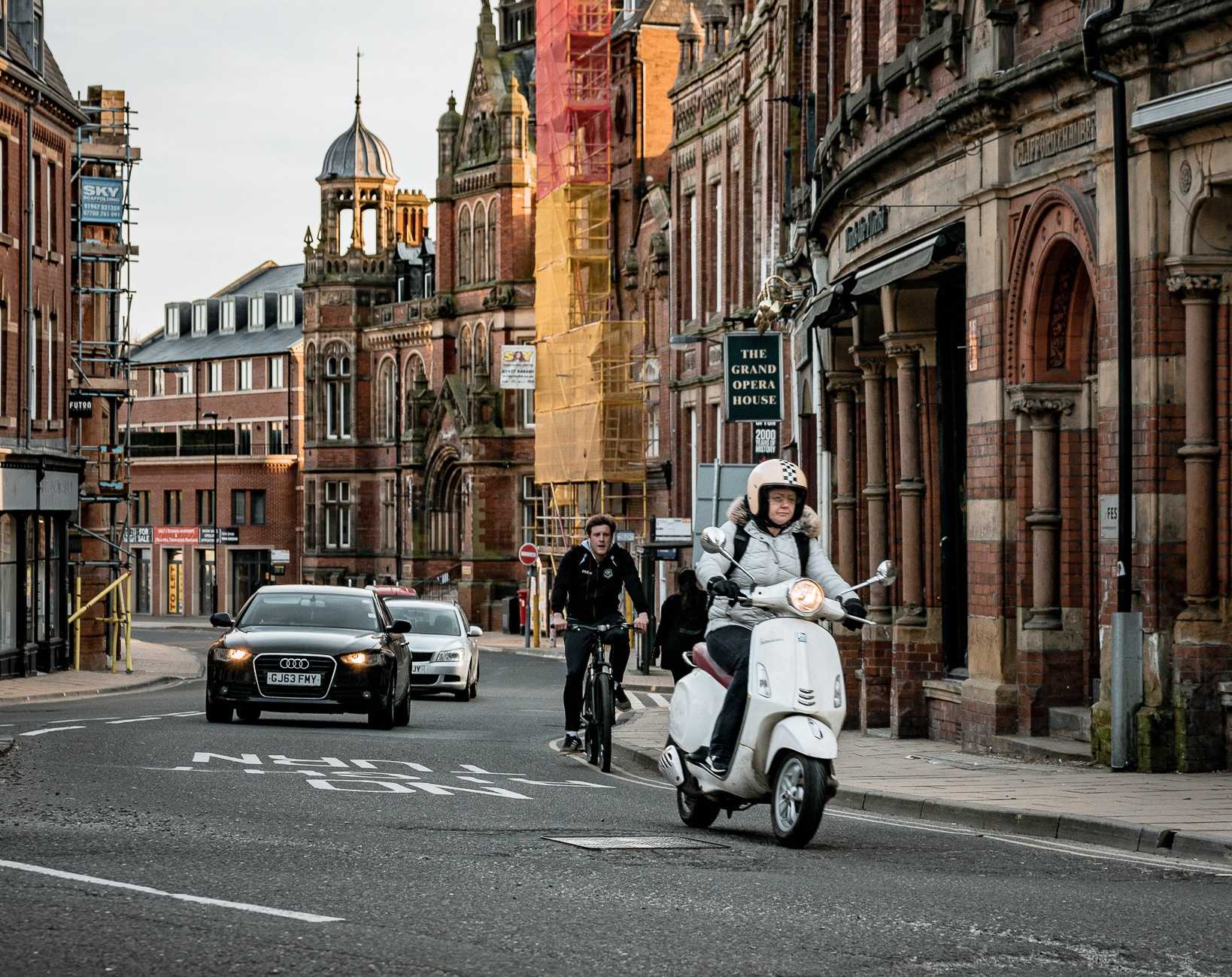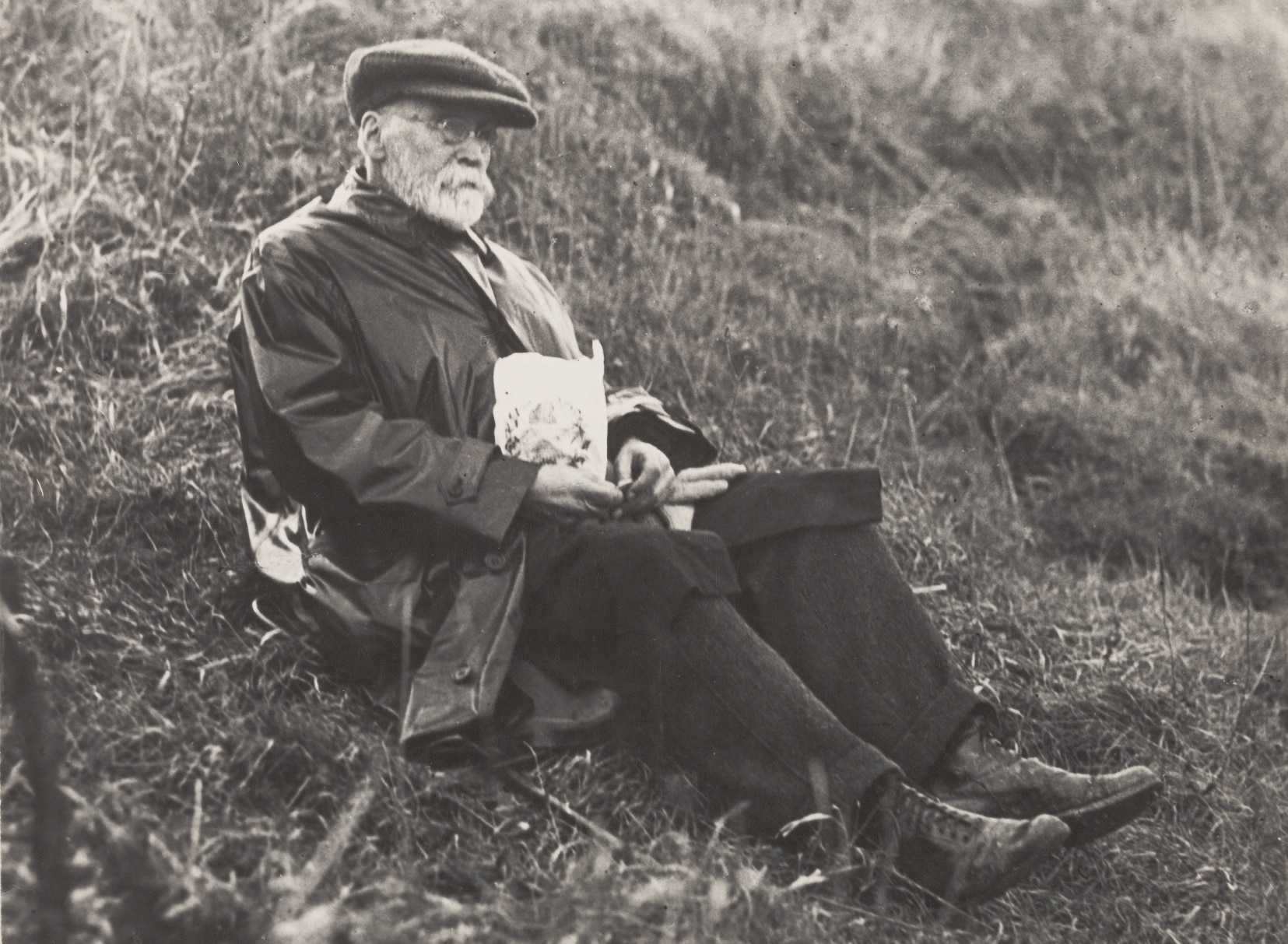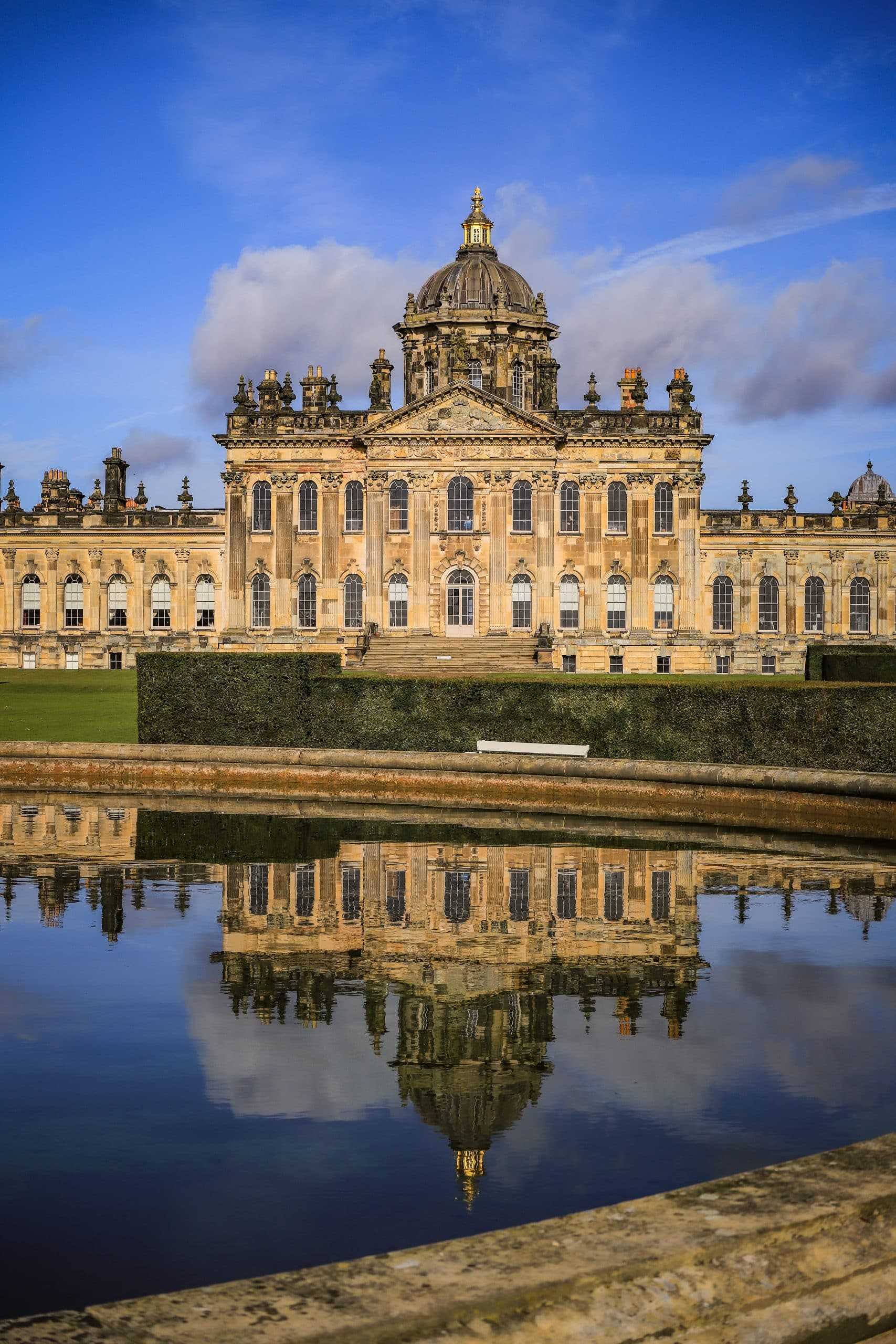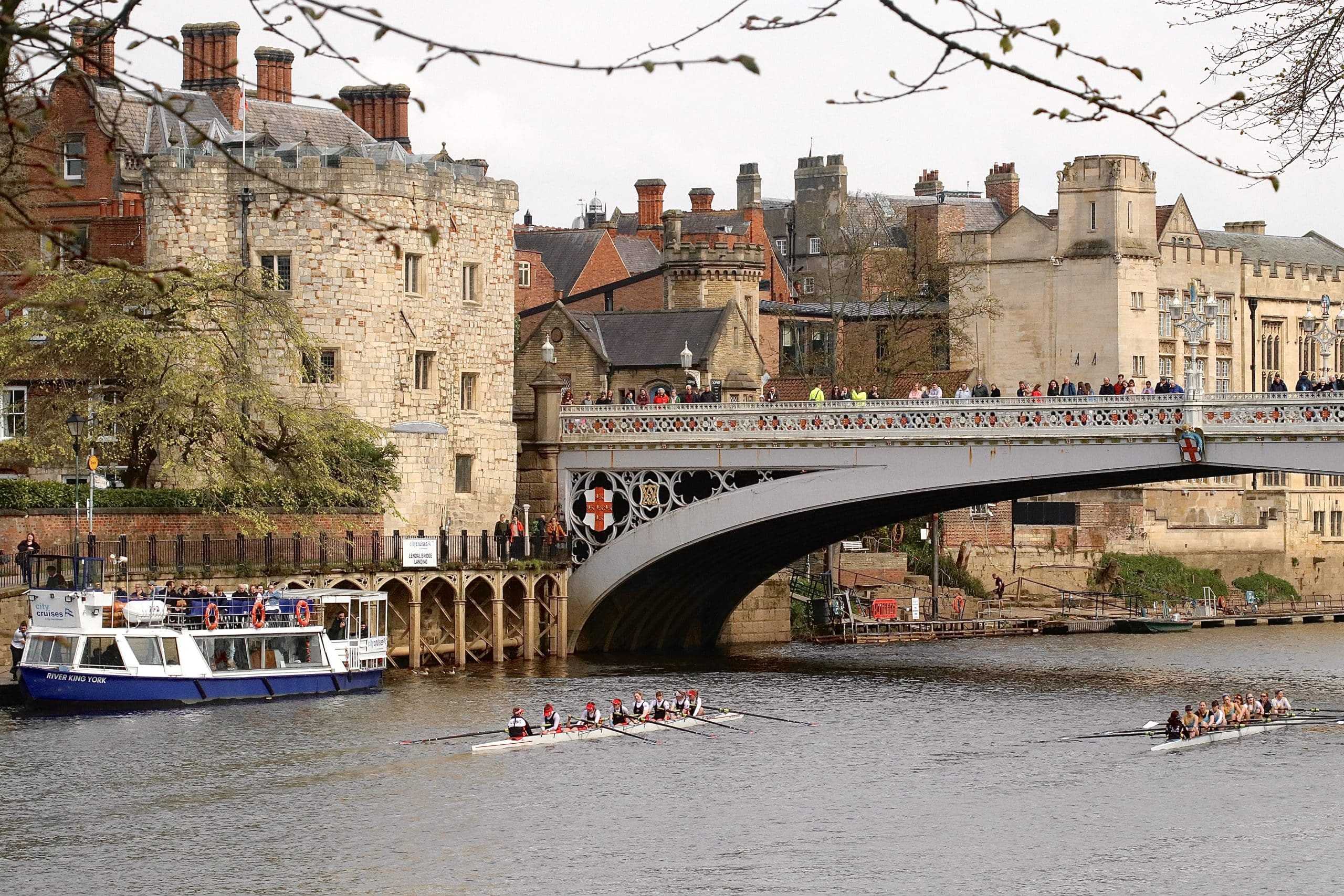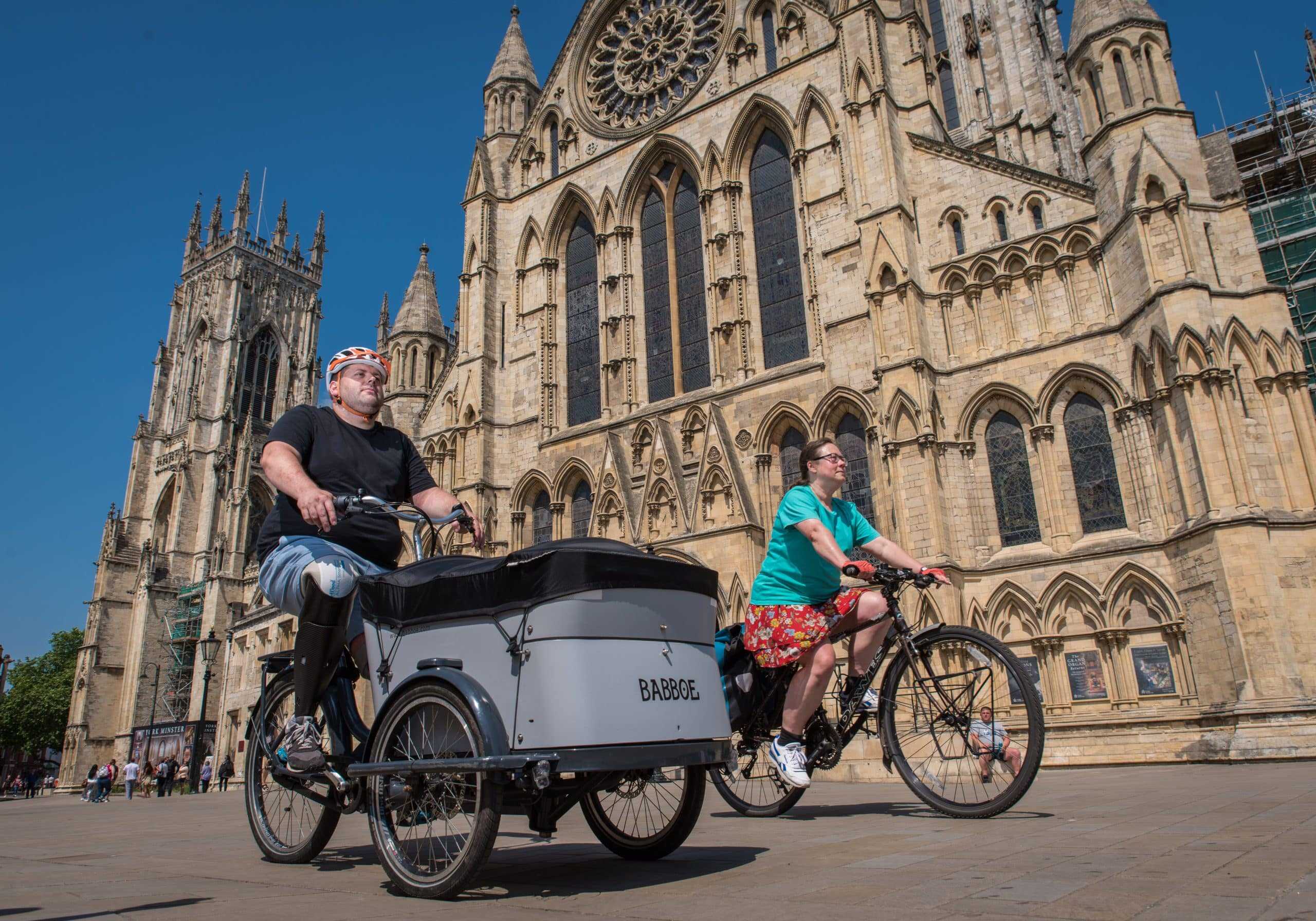Rowntree’s is most famous for its chocolate and confectionary, a York business whose products are consumed around the world. But the story of Joseph Rowntree is much more than that – he was a visionary entrepreneur, social reformer, and philanthropist whose impact still ripples through York and beyond. One hundred years after his death, we found out more about Joseph Rowntree’s extraordinary life from the Executive Director of The Rowntree Society Nick Smith. To commemorate his centenary, here’s how Rowntree sweetened the world and fought for its betterment.
Life and Death
Born in 1836 in York, Joseph grew up in a Quaker family that ran a grocery business on Pavement. He attended Bootham School and later served an apprenticeship in the family store. However, his true legacy began in 1869, when he joined his brother, Henry Isaac Rowntree, to help rescue his struggling cocoa and confectionery business. Joseph’s determination and business acumen transformed the company into the world-renowned Rowntree’s, responsible for creating beloved treats such as Fruit Pastilles, KitKat, Smarties, and Aero. By the time of his death in 1925, Rowntree & Co employed over 7,000 people in York, putting the city on the map as a confectionery capital.
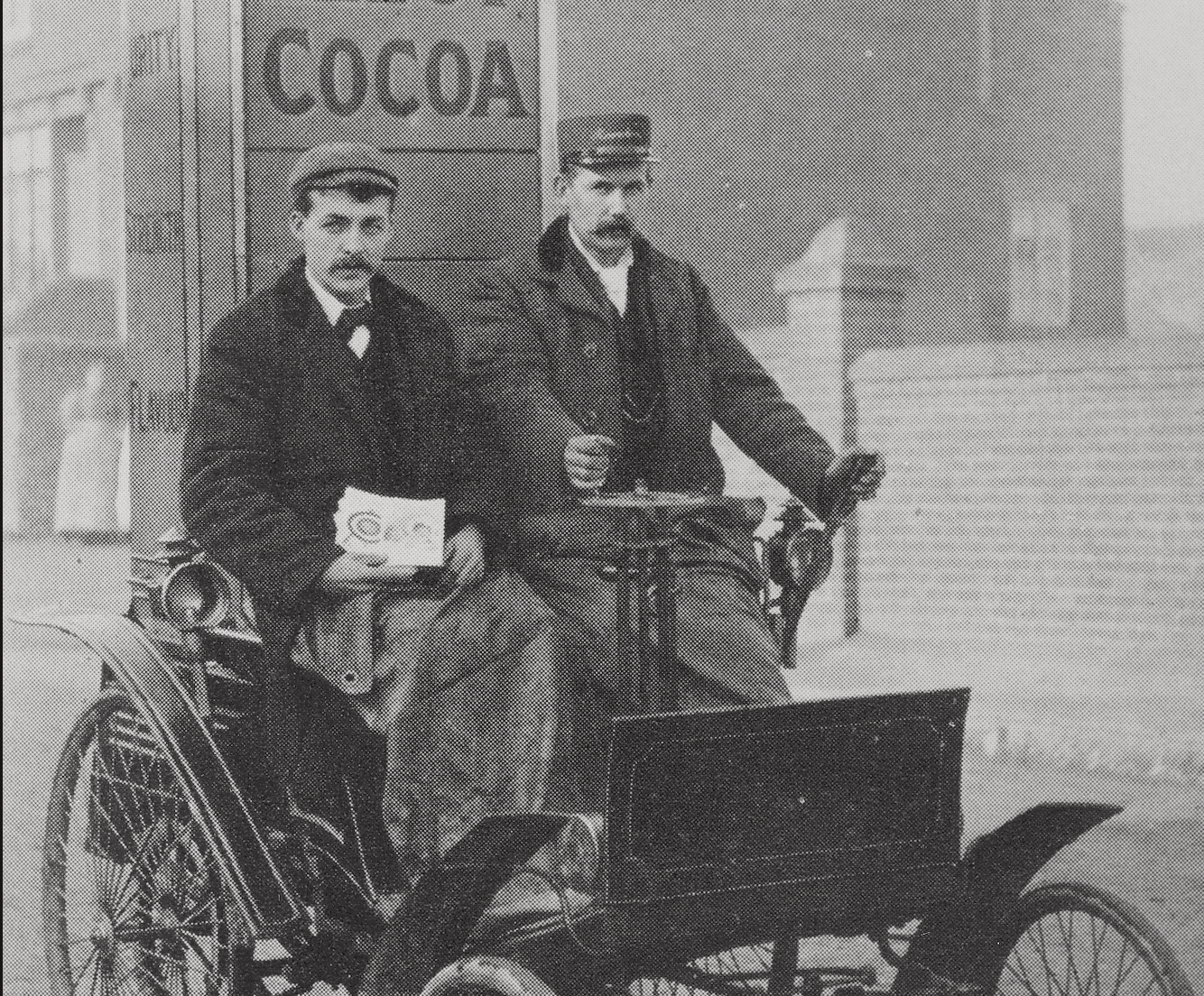
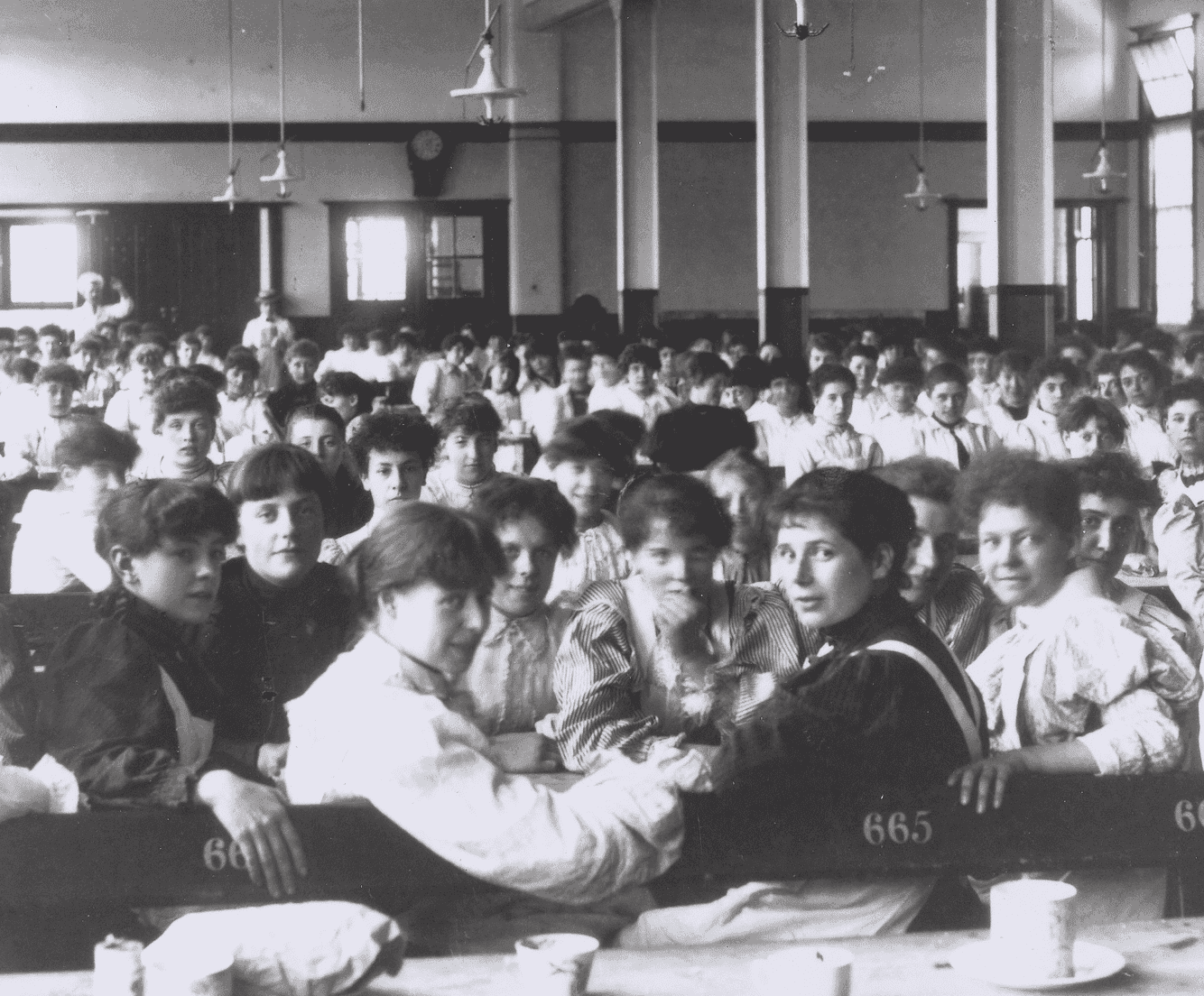
Workplace Revolution
Guided by his Quaker values of fairness and compassion, Joseph revolutionised working conditions. In 1890, he built the state-of-the-art Cocoa Works factory on Haxby Road. But this was far more than just a workplace – it was a community. The factory offered healthcare services, including a doctor, dentist, and psychologist, alongside social care, with a team of social workers supporting employees in need. Workers enjoyed access to educational programs, sports facilities, and after-work clubs. Remarkably progressive for his time, Joseph introduced a system of workplace democracy, allowing women to participate in decision-making – long before they had the right to vote in political elections. His factory embodied the belief that a thriving business and the wellbeing of its people were inseparable.
Social Reform
Beyond business, Joseph was deeply committed to tackling poverty and improving living conditions. His efforts were not just charitable but practical and solution-focused. He sought to understand the root causes of poverty, which inspired his son, Seebohm Rowntree, to conduct pioneering poverty studies and advocate for a living wage. Joseph also believed in the power of education and quality housing. In 1901, he built the village of New Earswick, designed to offer working people affordable, high-quality homes within a nurturing community. This vision of social housing laid the foundation for future welfare policies.
Enduring Legacy
Joseph’s influence is woven into the fabric of York. His generosity gave the city Rowntree Park and Yearsley Swimming Pool, both gifted for public enjoyment. After his death, Seebohm opened his own garden to the public – now Homestead Park. The Joseph Rowntree Theatre, built in the 1930s, is yet another tribute to his legacy. Beyond York, Joseph’s ideals influenced national welfare reforms and ethical business practices. In 1904, he founded three trusts to continue his life’s mission: the Joseph Rowntree Foundation (including the Joseph Rowntree Housing Trust), the Joseph Rowntree Reform Trust, and the Joseph Rowntree Charitable Trust. These organisations remain active today, working to tackle poverty, promote social justice, and drive political reform.
Commemorating His Centenary
To mark the centenary of Joseph Rowntree’s death, York will celebrate his life with a series of events. From talks and exhibitions to community activities, The Rowntree Society are encouraging everyone to participate. Whether it’s a Rowntree-themed coffee morning or a spectacular public event, the centenary offers an opportunity to reflect on Joseph’s enduring influence.
